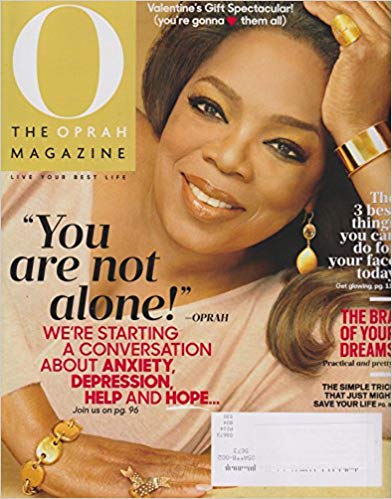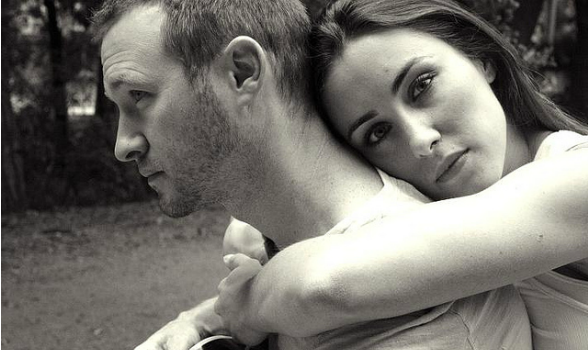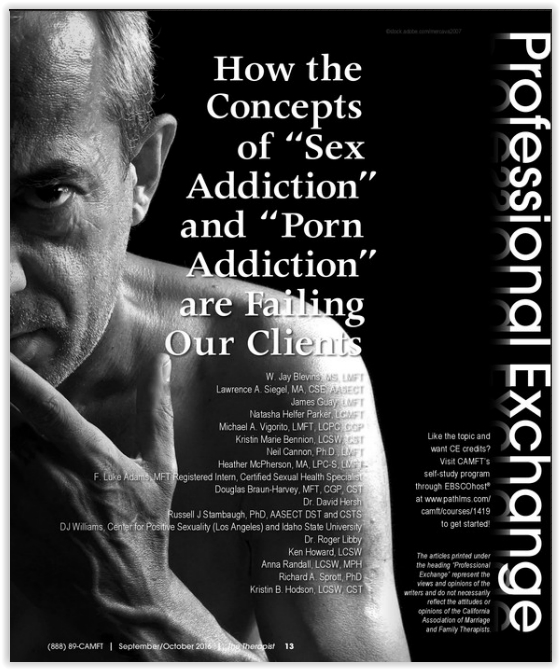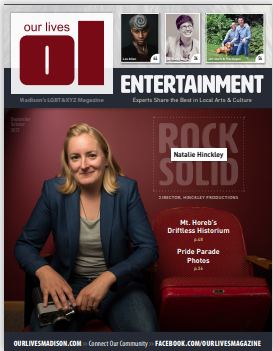Before You Hit Enter – Some Things To Consider…
I belong to numerous Facebook groups that are discussions about relationships. These groups can be incredibly helpful to people who are looking for support around their relationships. They can also be incredibly UN-helpful. One of the biggest challenges is that you can’t always judge the quality of responses you receive. Just because you like a response doesn’t mean it is helpful or accurate. I was recently following a thread where an OP (original poster) asked a question similar to, “Does anyone else hate it when their partner does X?” That’s all there was. No detail. No context. No discussion of the OP’s role in the situation. What followed was an outpouring of responses that trashed the unknown partner of the OP. People quickly labeled the partner’s behavior (and often the partner) as toxic. Many said that the OP needed to break up with the partner immediately. There were no questions. No suggestions of working on things. It was a quick rush to judgment and issuance of a relationship death penalty. My view as a therapist is that these types of replies do more harm than good. They suggest that no one is allowed to make a mistake and the only answer to perceived bad behavior is to end the relationship. With that kind of approach there will soon be few relationships left. I’m offering some things to consider BEFORE you reply to posts asking for relationship advice.
- You are only hearing one side of the story.There is an axiom in therapy that when you hear two sides of a story the truth almost always lies somewhere in the middle. People are typically very bad at accurately describing their own role in a situation. And they are even worse at understanding and describing how their partner perceives the situation.
- Don’t assume details that aren’t provided. In the situation I described the OP posted a single question with no details. Many of the answers made incredible assumptions about what else was and wasn’t happening in the situation. The replies many gave were based more on their own assumptions that the information actually provided.
- People often mislabel what is happening based on their own lack of understanding of healthy behavior. Do you know that many abusers (physical and emotional) believe THEY are the one being abused? If someone believes they should never have to deal with difficult emotions then they will constantly think they are being abused. If someone is co-dependent they may describe healthy behaviors as abusive. Those are just a couple of examples where people describe another person’s behavior as bad when the real problem is a lack of understanding by the OP. Just because they label something as “mean” or “abusive” doesn’t mean that it is.
- Ending a relationship isn’t the only answer. There are more options that “stay together” and “end it immediately.” People can and do change. Just because someone has one or two bad (or even toxic) relationship behaviors doesn’t mean that a) there aren’t tons of good attributes as well, and b) that they can’t or won’t change. Has the OP talked to their partner? What did the partner say? Many people are willing to work on changing once they realize that what they are doing is negatively impacting their partner. One question with limited detail is seldom, if ever, enough to determine what should happen with a relationship.
- You may be projecting your experiences onto the OP’s situation. While what the OP says may sound like what happened to you, with little information it isn’t possible to tell if it really is. And, the people in it aren’t the same as you and your partner. Use your situation as an example to consider. Don’t decide that their situation is identical and then dictate the answer.
There are probably a lot more points I could make. However, if we start following just these 5 we will be much more likely to give higher quality answers that help people learn how to be better in relationships. And for me, that is important. Teaching people to just run from relationship problems reduces the ability for everyone to improve their relationship skills. I’d much rather provide opportunities for individuals to learn and grow so we change the culture of bad relationship patterns. I hope you do too.
~~












